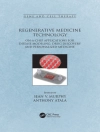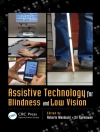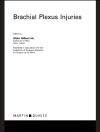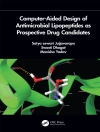What are the real disease entities in psychiatry? This is a question that has bedeviled the study of the mind for more than a century yet it is low on the research agenda of psychiatry. Basic science issues such as neuroimaging, neurochemistry, and genetics carry the day instead. There is nothing wrong with basic science research, but before studying the role of brain circuits or cerebral chemistry, shouldn’t we be able to specify how the various diseases present clinically? Catatonia is a human behavioral syndrome that for almost a century was buried in the poorly designated psychiatric concept of schizophrenia. Its symptoms are well-know, and some of them are serious. Catatonic patients may die as their temperatures accelerate; they become dehydrated because they refuse to drink; they risk inanition because they refuse to eat or move. Autistic children with catatonia may hit themselves repeatedly in the head. We don’t really know what catatonia is, in the sense that we know what pneumonia is. But we can identify it, and it is eminently treatable. Clinicians can make these patients better on a reliable basis. There are few other disease entities in psychiatry of which this is true. So why has there been so little psychiatric interest in catatonia? Why is it simply not on the radar of most clinicians? Catatonia actually occurs in a number of other medical illnesses as well, but it is certainly not on the radar of most internists or emergency physicians. In The Madness of Fear, Drs. Shorter and Fink seek to understand why this "vast field of ignorance" exists. In the history of catatonia, they see a remarkable story about how medicine flounders, and then seems to find its way. And it may help doctors, and the public, to recognize catatonia as one of the core illnesses in psychiatry.
Max Fink & Edward Shorter
Madness of Fear [PDF ebook]
A History of Catatonia
Madness of Fear [PDF ebook]
A History of Catatonia
Buy this ebook and get 1 more FREE!
Language English ● Format PDF ● Pages 224 ● ISBN 9780190881207 ● Publisher Oxford University Press ● Published 2018 ● Downloadable 3 times ● Currency EUR ● ID 8102155 ● Copy protection Adobe DRM
Requires a DRM capable ebook reader












